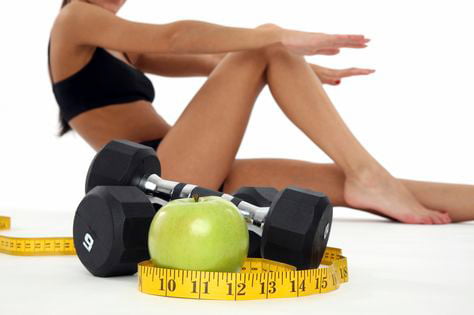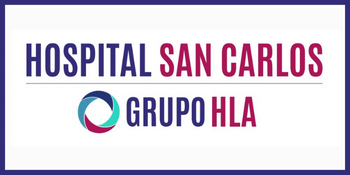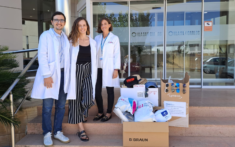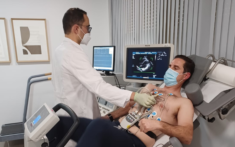HLA San Carlos proposes advice to achieve a balanced diet and body 10, in the National Day of Nutrition. Sport is key to health, so HLA San Carlos Office advises that you have to choose well the foods to take before training. Good nutrition is the basis to avoid sports injuries.
The HLA San Carlos nutritionist, Alba Balaguer, breaks the myth around the question of training on an empty stomach to lose weight: "training on an empty stomach is not synonymous with losing weight." The five keys to follow are:
1. Eat carbohydrates
Before training it is advisable to consume foods rich in carbohydrates such as cereals that provide us with energy, are easy to digest and avoid those foods rich in fat or containing a lot of fiber.
An example of a perfect breakfast before training could be a yogurt with cereals and a piece of fruit. After training it is important to replenish the loss of glycogen and proteins to repair the muscle, so we need to consume foods rich in carbohydrates such as fruits, milk, cereals or nuts. The nutritionist argues that the amount, "depends on the individual characteristics of each athlete such as weight, size or type of sport."
2. More fruits, vegetables and healthy fats
One of the main mistakes made by amateur athletes when it comes to feeding is to consume less fruits and vegetables, as they give priority to other foods such as pasta or meat. "We must know that both fruits and vegetables are sources of minerals and vitamins and we should consume at least 3 servings a day"Balaguer emphasizes.
Another very common mistake is the decrease of the contribution of healthy fats to a minimum amount and this we do, the nutritionist tells us that "for fear of gaining weight, but fats should be part of our diet because in addition to providing calories have important functions in our body" The most frequent mistake committed by non-professional athletes is the consumption of excess protein, especially in the case of athletes who want to increase their muscle mass. An excess of proteins could cause damage to the body.
3. Feeding will prevent injuries
Good nutrition is the best strategy to avoid injuries, since proper nutrition has an important influence on the provision of energy, on the prevention of injuries and on their recovery.
4. After training, accompany the carbohydrates with proteins
Balaguer confirms that "the function of carbohydrates is to provide energy and while we play sports, its intake prevents the onset of fatigue and hypoglycemia. When we want to recover from training, a diet high in carbohydrates is very effective and if they are accompanied by proteins the recovery is faster".
Proteins perform many essential functions in the development of our body and some foods rich in proteins are, for example, fish, meat or eggs. Regarding the consumption of fats in our diet, it is important to make it in adequate amounts for optimum health.
5. Avoid coffee, tea or soft drinks
By last, "Water is basic to maintain homeostasis and sports performance. It is recommended to consume water frequently during physical activity to prevent dehydration. We should avoid diuretic drinks such as coffee, tea or cola".
The best option to show the nutritional aspect when exercising is to seek advice from a nutrition professional so that he can guide us with a healthy and balanced diet.







